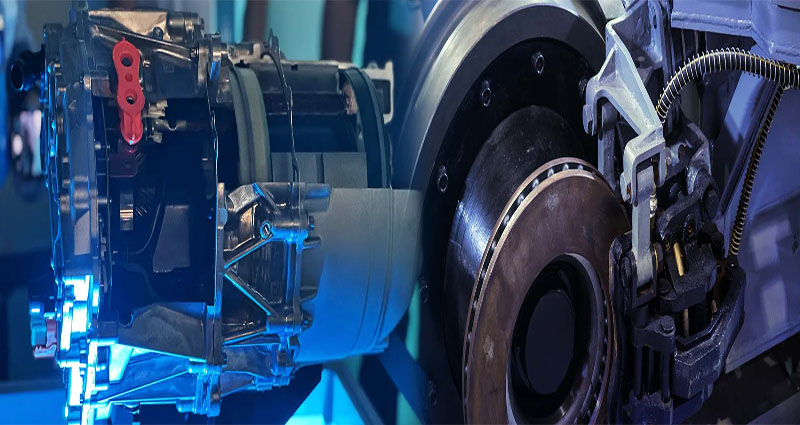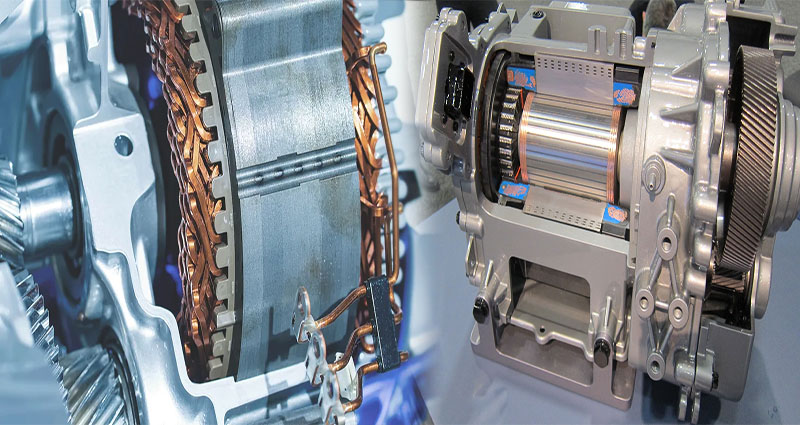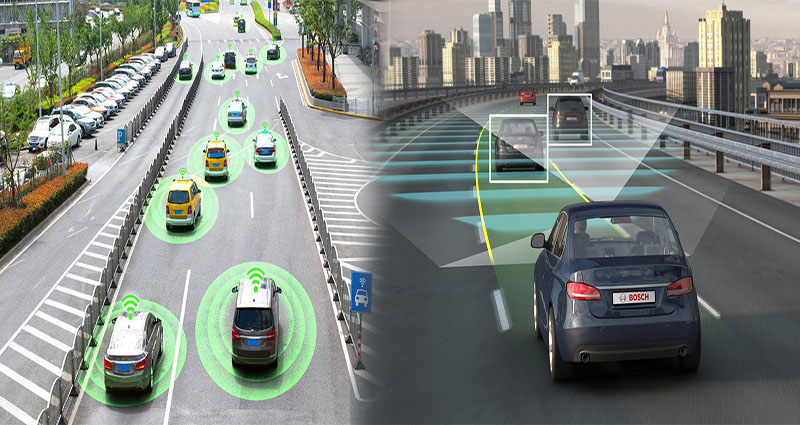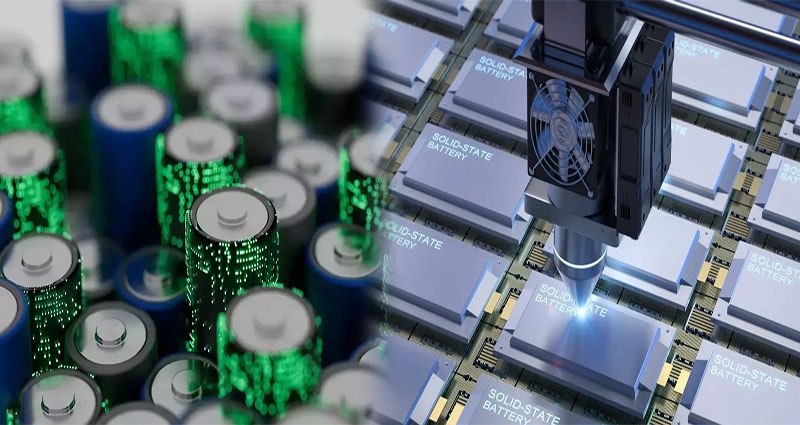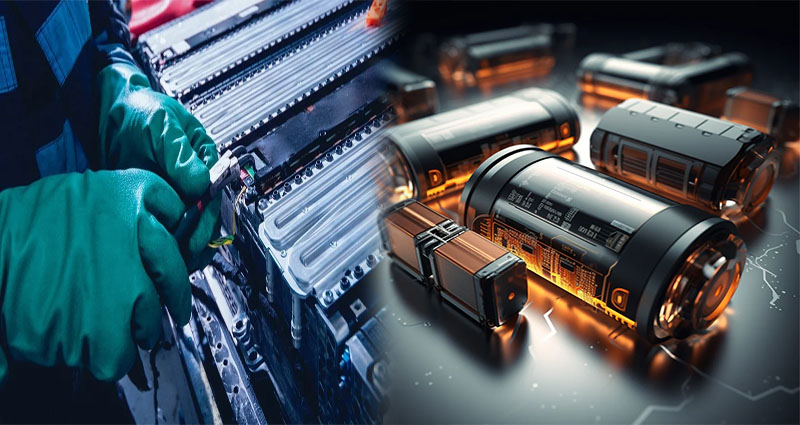Exploring the Benefits of Regenerative Braking Systems for Electric Vehicles
As the world shifts towards sustainable transportation, electric vehicles (EVs) are becoming increasingly popular due to their reduced carbon emissions and lower environmental impact. One of the key features that differentiate EVs from traditional internal combustion engine vehicles is regenerative braking. In this article, we will explore the benefits of regenerative braking systems for electric vehicles.
What is Regenerative Braking?
Regenerative braking is a technology used in electric and hybrid vehicles that allows them to recover and store energy that would otherwise be wasted during braking. In traditional vehicles, braking converts kinetic energy into heat, which is dissipated into the environment. However, in EVs equipped with regenerative braking systems, this energy is converted back into electricity and stored in the vehicle’s battery for later use.
Increased Energy Efficiency
One of the significant benefits of regenerative braking systems is the increased energy efficiency it provides to electric vehicles. By recovering and … READ MORE ...

